

Uh oh...
It appears that you're using a severely outdated version of Safari on Windows. Many features won't work correctly, and functionality can't be guaranteed. Please try viewing this website in Edge, Mozilla, Chrome, or another modern browser. Sorry for any inconvenience this may have caused!
Read More about this safari issue.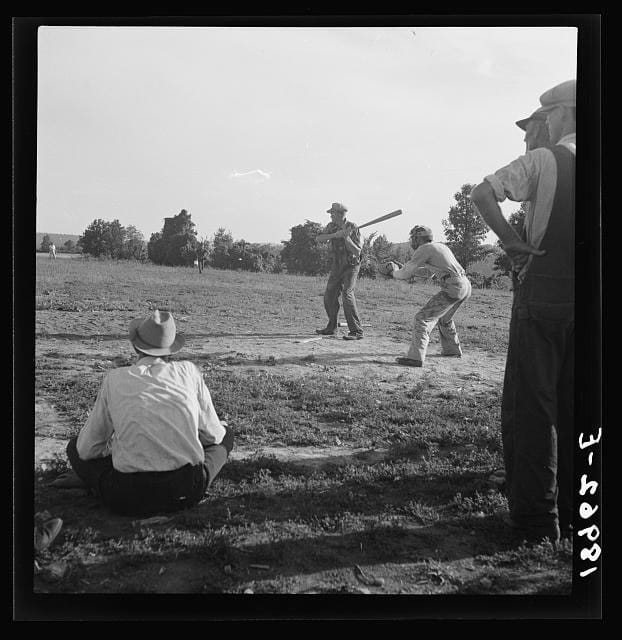

The best possible thing in baseball is winning the World Series. The second best thing is losing the World Series.” – Tommy Lasorda
The first of four stories of rural Arkansans who became major league pitching stars in the late 1940s.
Seventy years ago this month, the Brooklyn Dodgers endured what would sadly become their routine post-season climax by losing the World Series to the New York Yankees. The 1949 Fall Classic was the second of six championships Brooklyn would lose to the Yankees in seven matchups. The only highlight for the Dodgers in that forgettable 1949 World Series was a pitching masterpiece by a math teacher from the hills of North Arkansas.
In the early 1930s, the week-end pitcher for the Viola town team was a country doctor named Charles Edward Roe. Although in his 50s, Doc Roe was still the best pitcher in Viola, Arkansas. Not only did he pitch and manage the team, but he also supplied the majority of the team members. His six sons filled most of the other positions.
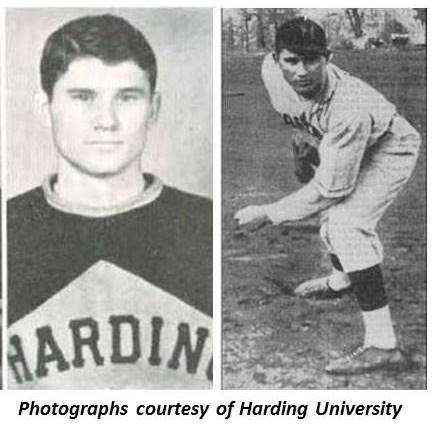
Occasionally, the entire team was made up of Roe family members. The summer when nine men filed for Fulton County Sheriff, the candidates promoted their speaking tour with a ball game against the Roe family prior to the speeches. Daughter Essie was pressed into action as the catcher and her husband, Frank Talmadge, provided the ninth player. Creston, Glenn, Cecil, and Waymon Roe manned the key positions. Teenage sons, Roy and Elwin, were relegated to the outfield. Already better known by his nickname “Preacher,” Elwin Roe wasn’t quite ready to replace his father on the mound.
Elwin Charles Roe was born in Fulton County, Arkansas in 1916. He grew up in the community of Wild Cherry, about eight miles from the larger, yet to be incorporated, town of Viola. Elwin’s fondness for an amiable local minister led to his nickname for life. The story goes that when Elwin was a toddler, he was asked to introduce himself to a guest. Obviously influenced by his friendship with the minister, he proudly stated his name as “Preacher” Roe. By his late teens, the tall, rail-thin, left-handed Preacher was the talk of North Arkansas. Doc Roe relinquished his spot on the mound to young Elwin, but the practical and cautious country doctor wasn’t ready to send his son off to pro baseball.
Preacher dutifully followed his father’s wishes and enrolled at Harding College in the fall of 1934. He became an immediate star in both basketball and baseball, and when he struck out 26 Arkansas Tech batters in a thirteen-inning game in the spring of 1937, scouts and sportswriters quickly found Searcy, Arkansas, on the map. Preacher Roe, the left-handed strikeout wizard, was national news from coast to coast.
Despite the attention and numerous pro baseball offers, Preacher remained committed to Harding. In July, with his father’s blessing, he finally relented. The St. Louis Cardinals, North Arkansas’ beloved favorites, were now in the mix, and the $5,000 bonus looked too good to turn down. Preacher Roe signed with the Cards on July 25, 1938. The press called the Cards’ new prospect, “the Bob Feller of college baseball.”
Less than a month after his signing, he made his very unpromising major league debut. Roe gave up six hits, two walks, and four runs in less than three innings. The Cardinals were forced to accept the reality that the National League was an all-too-hasty promotion for a country pitcher who had dominated Arkansas college baseball.
Preacher would spend the next five years in the minor leagues and post an unremarkable 43- 39 record. No longer part of the Cards future plans, St. Louis traded him to Pittsburgh in late 1943 for two obscure spelling challenges, Johnny Podgajny and Johnny Wyrostek. Leaving his beloved Cardinals was the first of a series of seemingly tragic events that changed Roe’s life and career forever.
That winter preceding the 1944 season, a tree fell on Roe while cutting firewood. The injury he suffered in the accident was at first thought to be potentially career-threatening. Remarkably Roe recovered, but failed his military physical, making him an attractive major league pitcher due to the player shortage created by World War II. In the next two seasons, he would win 27 games for the Pirates, and lead the league in strikeouts. His next off-season injury was far more serious.
Unlike most Arkansas country boys playing pro baseball in the post-war years, Roe had a college degree and spent winters teaching math and coaching back near his Arkansas roots. Ironically, after finally establishing himself as a major league pitcher, his offseason work nearly cost him his career and his life. In January of 1946, Roe was coaching basketball in Hardy, Arkansas, when an angry referee threw a punch at the unsuspecting coach and toppled him into a steel railing. The injury sent Roe to the hospital diagnosed with a “skull fracture.” It would take weeks in the hospital for Roe to recover but years to regain his pitching form.
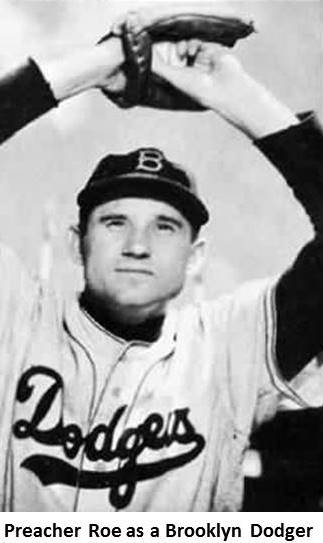
Preacher Roe reported to the Pirates for the 1946 season seriously weakened by his injuries. His combined record for the two seasons following his extended hospital stay was 7 – 23. He was at a crossroads in his career. Roe had pitched in 132 major league games in parts of five seasons with a losing record. The Cardinals had given up on him, and in 1947 the Pirates did likewise, trading him to the Brooklyn Dodgers.
Fortunately for Roe, during the hard times in Pittsburgh, he reinvented himself as a pitcher. No longer able to throw a blazing fastball past major league hitters, he became a craftsman on the mound with an assortment of pitches and excellent control. Despite a new skillset, Roe started slowly in 1948. His record at mid-season stood at 3 – 4 when he finally mastered the intricacies of his new control-based style. He was 8 -3 in the second half and the third-place Dodgers’ best starter by season’s end.
On the last day of the 1949 season, the Dodgers edged the Cardinals by one game for the National League crown. Preacher Roe went 15 – 6 and led the team in ERA. Roe won Game Two of the World Series against the Yankees in what he later recalled was his greatest day in baseball. With his family from Arkansas in attendance, he shut out the powerful Yankees on six hits. It would be the only game the Dodgers would win in the series.
The next season Roe won 19 games and once again led the team in ERA. The 1950 Dodgers finished two games behind the Phillies in the season of Philadelphia’s celebrated “Whiz Kids.” Preacher Roe was named to the All-Star team and became a fan favorite in Brooklyn, but his best season was still ahead.
His 1951 won/loss record of 21 – 3 was the best winning percentage (.880) in the seventy-plus years the Dodgers played in Brooklyn. Although Roe’s memorable year was the benchmark of an outstanding career, it was a season Dodger fans would try unsuccessfully to forget for generations. Bobby Thompson’s historic homer in a one-game playoff secured the pennant for the cross-town Giants and climaxed a heartbreaking tumble for the Dodgers, who blew a thirteen-game lead in the last 50 games of the season. Preacher Roe was named the National League Pitcher of the Year by the Sporting News.
Roe would have two more excellent years in Brooklyn, winning 22 and losing only 5 in two pennant-winning seasons. In 1954, injuries limited him to only 15 pitching appearances and he retired prior to the 1955 season rather than accept a trade from his beloved Dodgers. Ironically, Brooklyn finally defeated the Yankees in the 1955 World Series.
Revered as one of the greatest Arkansas pitchers in baseball history, Preacher Roe was named to the Arkansas Sports Hall of Fame in 1967, the National Association of Intercollegiate Athletics Hall of Fame in 1976, the Harding University Hall of Fame in 1989, and the Missouri Sports Hall of Fame in 1998. Roe died on November 9, 2008.
Join the Conversation
Leave a Comment
6 responses to “Preacher Roe: From Harding College to the Brooklyn Dodgers”
 Leave a Reply
Leave a Reply
We do the work.
You check your email.
Sign up for our weekly e-news.
Get stories sent straight to your inbox!


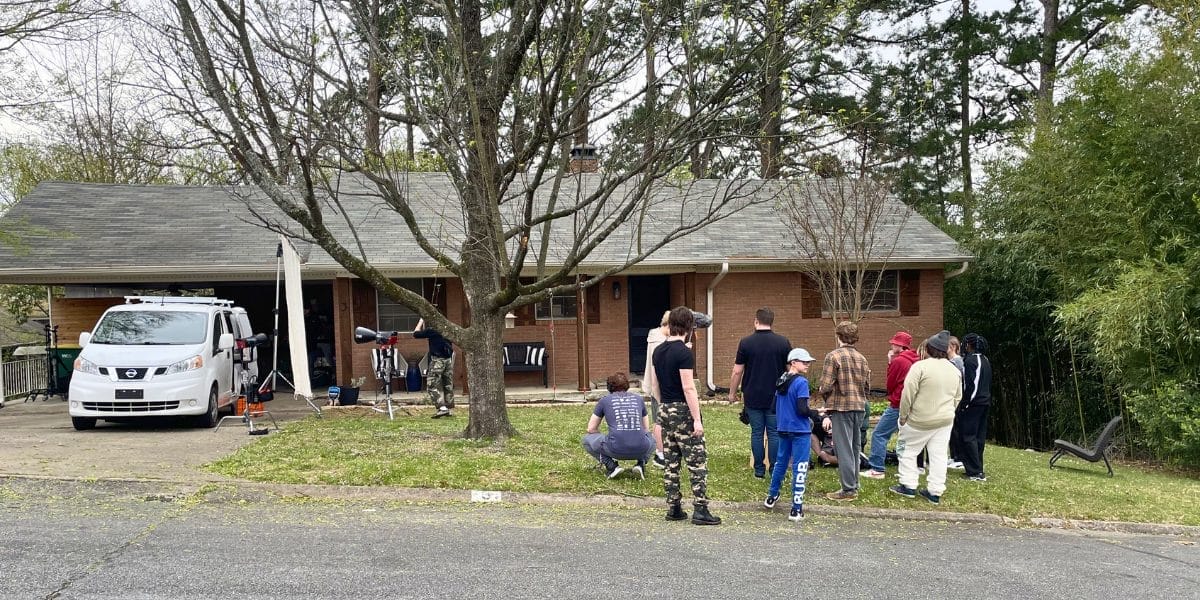






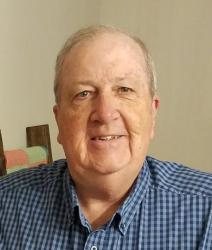
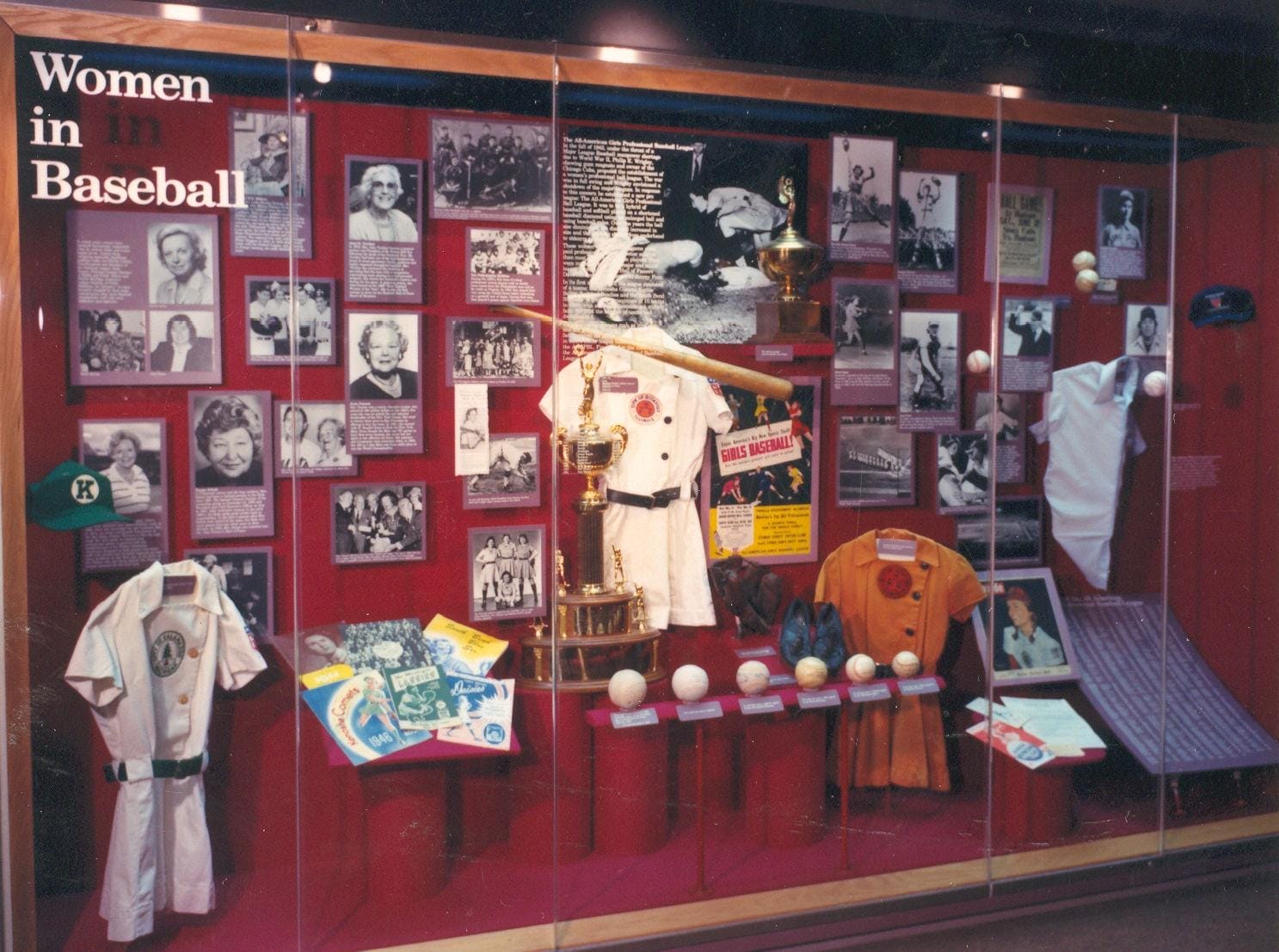
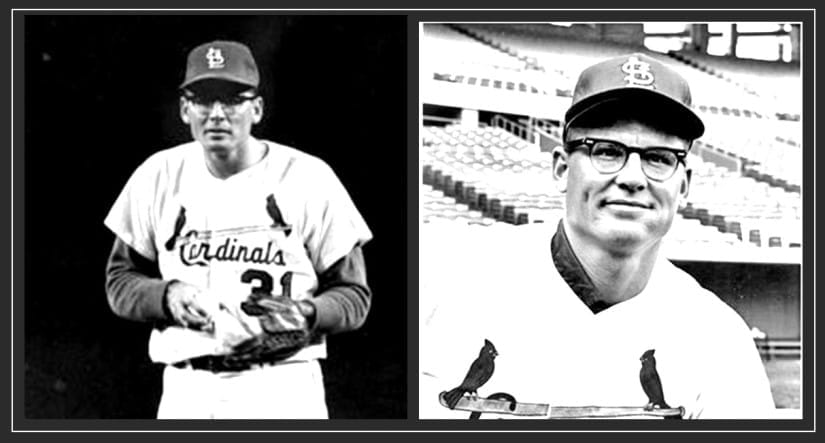
 Leave a Reply
Leave a Reply
Interview from 2007
https://www.youtube.com/watch?v=Vps0sIFtGb4&list=PLE52233F9DD7C12DE&index=6&t=0s
Great article about the “Preacher”. I was living in Brooklyn during those great years of the late 40s and early 50s and was fortunate to see Roe pitch many times at Ebbets Field or on Tv. You did not mention that Roe did admit, after he retired, that he did throw a spitter. Nevertheless he was one of my favorite Dodgers. I still tell stories how Branch Rickey stole Roe and Billy Cox from the Pirates.
Mr. Yeager I saw the picture of Dizzy Dean last game, Dizzy is at bat and there’s a gentleman sitting on the ground with his back to the camera with a white shirt and a felt hat that is leaning just a little to his right side, and a little hump in his back, I truly believe that gentleman is my FATHER, I would like to find out if you can tell me the time line and where this picture was taken, it has some numbers on it, I am hoping that would tell you something.
I am 78 yrs old, my Dad told me so stories of him playing baseball with Dizzy and his brother Paul Dean, he said that he taught that Paul, was a better PITCHER than Dizzy, but he said that Dizzy keep braking all the bats, so they would make them from cotton wood limbs, and they would play in cow pastures and use the dried cow piles for their bases,Dad grew up around Centerville and Dardnell Danville, Chickalot,my Dad was raised by a man by the name of DR. TOM KIRKSEY, he had a farm out at Centerville also, Dad left there, in 1936,moving to DYESS AR. in Mississippi CO..Ar. I would appreciate all you could do. I know how my Dad looked he could sit with his legs crossed almost flat on the ground like that gentleman, just know in my heart that’s my Dad, his name was HENRY Lee Mcvay sr my name is Pete Mcvay, I’m in MARION AR, not for from DYESS, If you could shed some light on this for me I would greatly appreciate it, please call me at 870 739 3174 or send me a text on MESSENGER,
[…] 1949 season produced a similar story with different characters. Preacher Roe, a part-time math teacher from Viola, Arkansas, won 15 games for the NL Champion Brooklyn Dodgers. […]
[…] in a game whose rules always seemed to favor hitters. Among those devious hurlers was Arkansas’ Elwin “Preacher” Roe, who admitted after his retirement that he had thrown a spitball at times. The always clever Roe, […]
Jim Yeager is one of the foremost authorities on the history of professional baseball in Arkansas. We should be thankful for writers and researchers such as Jim who take the time to keep history alive. For those who are unable to focus on or to get to know the baseball players of the past, the likes of Jim Yeager does the work for us.